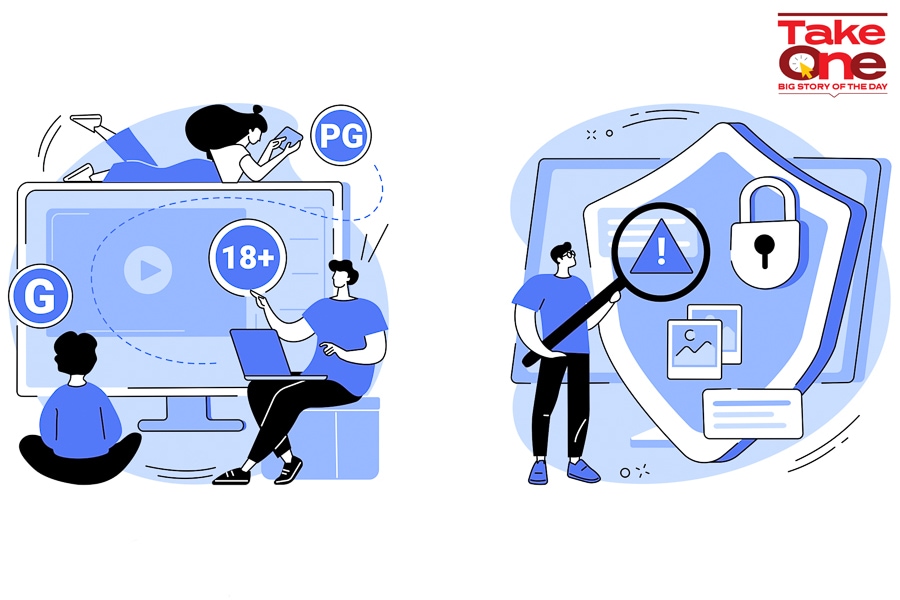
OTT platforms ask for more time to comply, MIB remains non-committal
Industry seeks more clarity, expresses concerns about newly notified Digital Media Code of Ethics in a closed-door meeting with the minister
 Image credit: Shutterstock
Image credit: Shutterstock
Concerns about lack of clarity about the compliance period, operationalising age classification mechanisms, dealing with a deluge of FIRs and public interest litigations (PILs) against streaming platforms, need for greater consultation going forward dominated the industry’s closed-door meeting with the Minister for Information and Broadcasting Prakash Javadekar on Thursday. Throughout the meeting, Javadekar maintained that the Digital Media Code of Ethics is not meant to censor, Forbes India has learnt after talking to multiple people aware of the proceedings.
The one thing streaming platforms in India need is time to comply with the newly notified Code of Ethics and that is something the Ministry of Information and Broadcasting was non-committal about, Forbes India has learnt. MIB Minister Prakash Javadekar at best offered a review of the status of the burden of compliance after 90 days.
After the meeting, Javadekar tweeted, “Had a fruitful meeting with representatives from OTT industry and explained the provisions of the OTT rules. All representatives have welcomed the new guidelines. The Ministry and industry will partner together to make the OTT experience better for all audience.” However, at least two people aware of the proceedings Forbes India spoke to disagreed with his assessment that the industry has “welcomed” the guidelines. While the representatives from different companies “thanked” the minister for the Information Technology (Intermediary Guidelines and Digital Media Ethics Code) Rules, 2021 they expressed multiple concerns about them during the meeting with him.
The platforms are still reeling from the surprise notification of the Rules and evaluating how they are affected. While the MIB has maintained that the industry was consulted on the Rules, the industry maintains that there was no consultation on the version that has been notified, and the MIB’s push all this while had been for the industry to come up with a self-regulatory code. In fact, only two weeks before the Rules was notified, the industry had come out with an implementation toolkit that was signed by 18 signatories.








